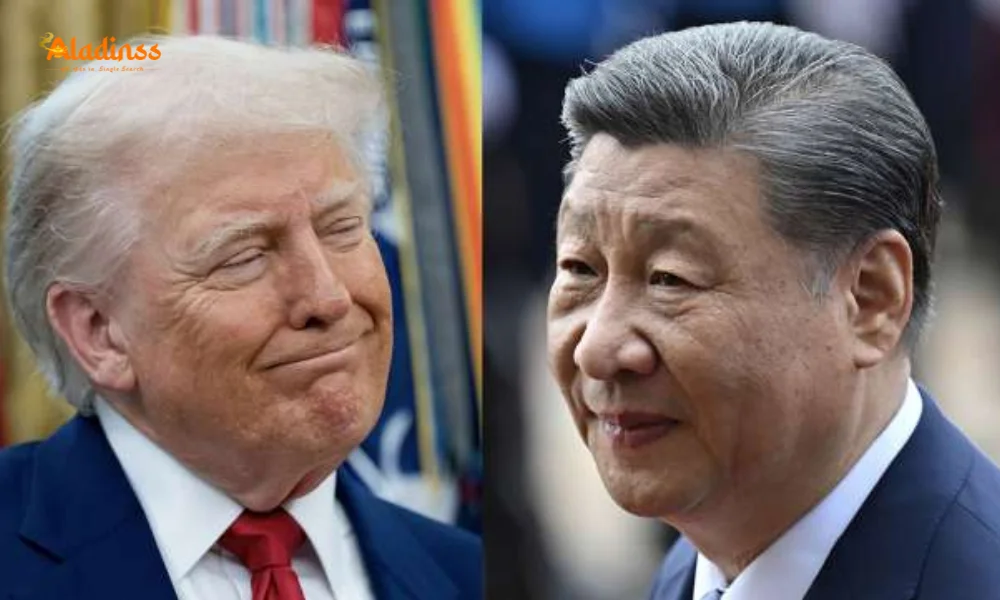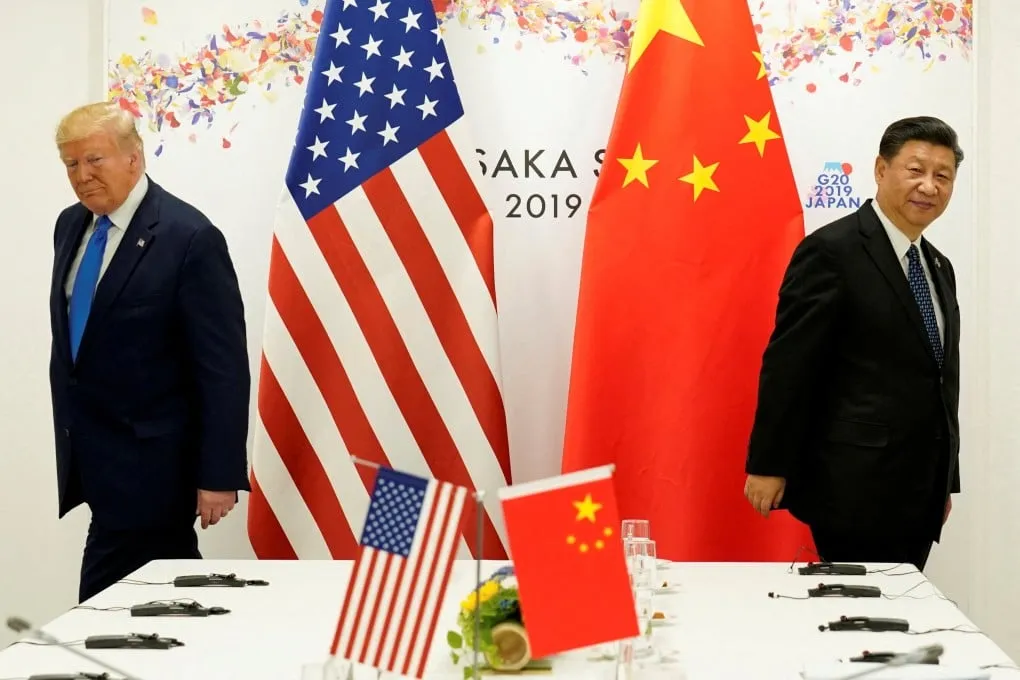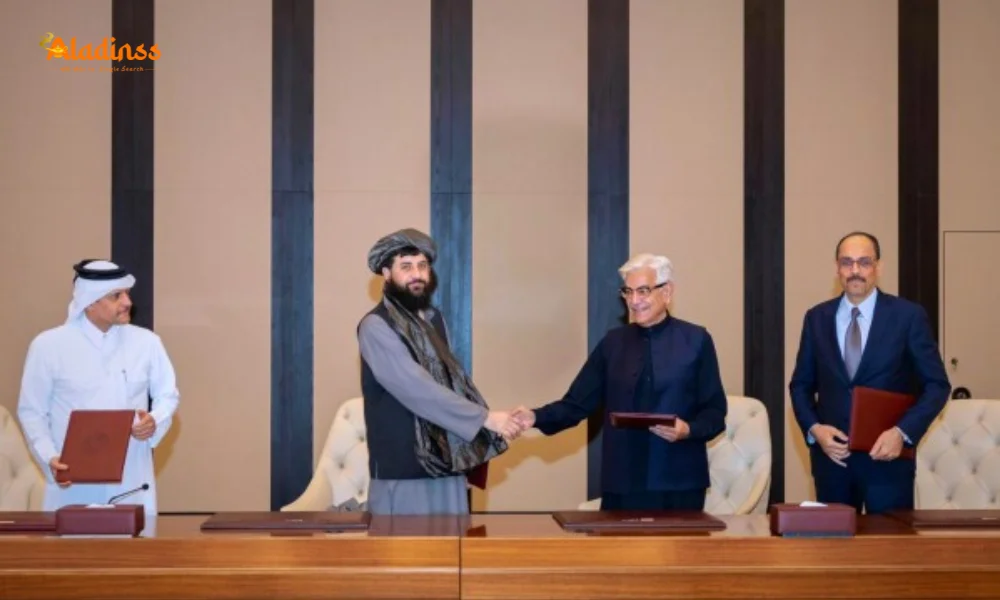Trump-Xi Talks: Could Trade War Escalate or Finally End?

Trump-Xi Meeting: High-Stakes Talks Could Shape Global Trade
U.S. President Donald Trump’s upcoming Asia tour, starting October 27, 2025, brings heightened anticipation for a potential meeting with Chinese President Xi Jinping at the APEC summit in Gyeongju, South Korea. Amid escalating US-China trade tensions, the talks could determine whether both nations avert a renewed trade war. With issues like rare earth export controls, tariffs, and global conflicts on the table, the stakes are monumental. Failure to reach an agreement could trigger crippling tariffs and disrupt global supply chains, impacting economies worldwide.
Trump’s five-day visit to Malaysia, Japan, and South Korea comes at a critical juncture, with a fragile 90-day trade truce set to expire on November 10, 2025. The White House has emphasized goals of expanding trade access, securing critical minerals, and strengthening Indo-Pacific alliances. However, the spotlight is on the Trump-Xi meeting, which could address contentious issues like China’s new export controls on rare earths and lithium battery components, vital for industries like electronics and defense.

Current State of US-China Relations
US-China relations have been strained by a series of trade and technology disputes throughout 2025. In April, the U.S. imposed 145% tariffs on Chinese goods, prompting Beijing to retaliate with 125% tariffs. A temporary 90-day truce was agreed upon in May and extended in August, but it is set to expire soon. Without a new deal, both nations risk reverting to higher tariffs, which could exacerbate economic tensions and disrupt global markets.
Adding fuel to the fire, China recently introduced stringent export controls on strategic materials, including rare earth elements, synthetic diamonds, and lithium battery components. These materials are critical for industries such as electronics, defense, and clean energy, with China controlling nearly 90% of global rare earth processing. The new rules extend China’s jurisdiction to products manufactured abroad using Chinese technology, raising concerns about supply chain vulnerabilities and prompting threats of retaliation from Trump.
What’s at Stake in the Trump-Xi Meeting?
The potential Trump-Xi meeting, scheduled for October 31 to November 1, 2025, during the APEC summit, is a pivotal moment for global trade. White House Press Secretary Karoline Leavitt confirmed Trump’s participation in a bilateral meeting with Xi, though Chinese authorities have yet to publicly confirm. U.S. Treasury Secretary Scott Bessent described it as a possible “pull-aside” rather than a formal summit, suggesting a cautious approach to expectations.
Trump, however, expressed optimism, stating, “We’ll make a deal on, I think, everything,” particularly focusing on rare earths. The agenda is expected to cover trade disputes, technology restrictions, and China’s export controls. Trump also hinted at discussing broader geopolitical issues, including the Russia-Ukraine war, expressing hope that Xi would be receptive to finding solutions. A senior U.S. official noted that the goal is to “manage differences” rather than resolve all issues, reflecting the complexity of the talks.
Preliminary Talks in Malaysia
Before the APEC summit, U.S. and Chinese officials are engaging in critical trade negotiations in Kuala Lumpur, Malaysia. Led by U.S. Treasury Secretary Scott Bessent, U.S. Trade Representative Jamieson Greer, and Chinese Vice Premier He Lifeng, these talks mark the fifth round of discussions following meetings in Geneva, London, Stockholm, and Madrid. The focus is on resolving disputes over rare earth restrictions, technology controls, and tariff rollbacks.
Bessent expressed hope that progress in Malaysia could set a positive tone for the Trump-Xi meeting. “I’m hoping we can get this ironed out this weekend,” he told Fox Business, warning that failure to address China’s rare earth policies could lead to further escalation. China’s Commerce Ministry emphasized that the talks aim to address “key issues” based on recent Xi-Trump phone conversations, signaling a mutual desire to avoid a full-blown trade war.
Understanding APEC and Its Role
The Asia-Pacific Economic Cooperation (APEC) is a 21-member forum dedicated to promoting free trade and investment across the Pacific Rim. Its members, including the U.S., China, Japan, South Korea, and Australia, represent some of the world’s largest economies. The 2025 summit in Gyeongju focuses on “Building a Sustainable Tomorrow,” with discussions centered on resilient supply chains, artificial intelligence, and inclusive growth.
The APEC platform provides a critical opportunity for leaders like Trump and Xi to address economic challenges in a multilateral setting. The summit’s emphasis on sustainability and technology aligns with the current US-China disputes over rare earths and tech restrictions, making it a fitting venue for their potential meeting. The outcomes of these discussions could shape global trade policies and influence economic stability in the region.
Trump’s Broader Asia Agenda
Trump’s Asia tour begins in Kuala Lumpur, where he will attend the ASEAN summit hosted by Malaysian Prime Minister Anwar Ibrahim. He is expected to participate in a leaders’ working dinner and may witness the signing of a ceasefire agreement between Thailand and Cambodia, addressing recent border tensions. This engagement underscores the U.S.’s commitment to strengthening ties with ASEAN nations.
In Tokyo, Trump will meet Japan’s new Prime Minister Sanae Takaichi, who is expected to reaffirm a $550 billion investment plan in the U.S. The visit to South Korea includes discussions with President Lee Jae Myung on trade, defense, and worker migration policies, areas of recent friction. Trump will also speak at the APEC CEO summit luncheon and attend a US-APEC leaders’ working dinner, reinforcing U.S. leadership in the Indo-Pacific.
Consequences of a Failed Trump-Xi Meeting
The stakes of the Trump-Xi meeting are immense, with failure potentially triggering a renewed trade war. Trump has threatened to impose tariffs of up to 155% on Chinese goods starting November 1, 2025, if no agreement is reached. This would mark a significant escalation from the current 55% tariffs, raising costs for U.S. consumers and businesses and disrupting global supply chains.
China could retaliate by tightening its rare earth export controls or targeting U.S. firms in its market, further straining its economy. Small and medium businesses in China, already facing challenges, could suffer from declining exports and job losses. The ripple effects could freeze investment, slow global growth, and heighten recessionary fears, impacting economies far beyond the U.S. and China.
Global Implications and the Path Forward
China’s Commerce Minister Wang Wentao emphasized the importance of mutual respect and equal consultation, warning against decoupling. The first four rounds of US-China trade talks have shown potential for compromise, but the rare earth issue remains a sticking point. A successful Trump-Xi meeting could stabilize markets, restore confidence, and pave the way for long-term trade agreements.
Conversely, failure could exacerbate geopolitical tensions, with implications for conflicts like Ukraine and Gaza, where U.S. and Chinese influence plays a role. The global community is watching closely, as the outcome of these talks will shape trade, technology, and security dynamics for years to come. Trump’s Asia tour, and the potential Xi meeting, represent a critical moment for global economic stability.
Comment / Reply From
No comments yet. Be the first to comment!











